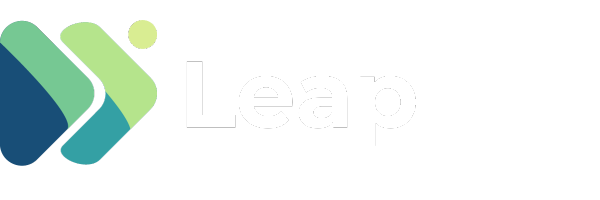Embracing disruptive innovation in publishing
The publishing sector is frequently cited as one of those most abruptly disrupted by the advent of the internet. Some businesses, however, see it as a tremendous opportunity to refocus their operations on what they do best. At this point, those in the publishing industry might be perplexed. Wouldn't that hurt their business model if they stopped charging hundreds of euros for big textbooks and coursebooks? It boils down to reevaluating the "value" of these books. The problem is that publishers have become too reliant on formats and have yet to offer anything besides that. The printing was never where the real value lay! Printed materials were the only means of distribution, but the content held real value.
The closest example of a company that failed to adapt was Blockbuster. If you look at the video industry, Blockbuster believed they had it under control until Netflix eventually overtook them because they believed their value lay in their retail locations rather than the content. Blockbuster should have disrupted its own business instead of having a new player come in and disrupt it for them. Success requires constant adaptation to new technologies and challenging the status quo.
In the same way, Toys "R" Us didn't change when online shopping became popular. They couldn't use their strengths as a specialty store to their advantage on the internet. Adaptability is critical for success in any industry. Let's say you're a publisher and don't have a value proposition different from your format. In that case, you are in trouble, especially if that format is no longer appealing or engaging to your end consumer (students). Find your value statement! Anything new is dubbed a disruptor, and because publishing is so slow to change, it is effortless to do so. Still, the internet has been incredibly beneficial for creators in the following ways: Social media provides readers with direct access. Self-publishing can reach sizable audiences through online retailing. "Traditionally" published books can gain and keep many fans or give readers new ways to interact with the book. Twenty-four hours a day, it is possible to reach, gather, and establish ideas, trends, and collaborations.
Large publishing companies, on the other hand, face challenges in driving change. Large companies have a sluggish financial and technological infrastructure. They have strong organizational cultures and complicated hierarchical structures, and the people who usually drive change come from at the top. One more danger comes from the agile newcomer. We have seen new entrants come in to disrupt incumbents throughout business history. This emphasizes the requirement for even more significant, consolidated operations from large publishing houses to maintain the tremendous reactive agility these new movers possess. How can this be dealt with? They could, however, act more like start-ups. Of course, the entire business function cannot be changed. Still, distinct divisions can be established that are free from the historical and organizational baggage of the current business with a mandate to take chances, try new things, evaluate new opportunities for the company, and still be part of the business but also by its side.
Remember, disruption always begins at the bottom of the market.
This is crucial if publishing companies want to capitalize on this second wave of "disruption" and rethink at least some of their product offerings. They will only be able to meet the demands of the cunning "networked" consumer if they have the freedom to think for themselves, adapt their business models, and make the most of the unique intellect of every single employee. The only way to develop transformative models, products, and strategies is through experimentation and validation. Once you've failed, learned, and moved forward, you already know more than your competitors. And that's when you deliver the game-changer!
“We no longer buy CDs, we listen to Spotify." "We no longer buy DVDs, we watch Netflix,” “How we learn is also changing, driven by technology and new consumer habits.”
Andy bird ,Chief Executive Officer at Pearson https://www.ft.com/content/daf0de5a-da4c-4e17-a6dc-feb5a65b5e15
Metaxas Gamvrelis
Founder & CEO at Adaptiv | Personalised Learning
